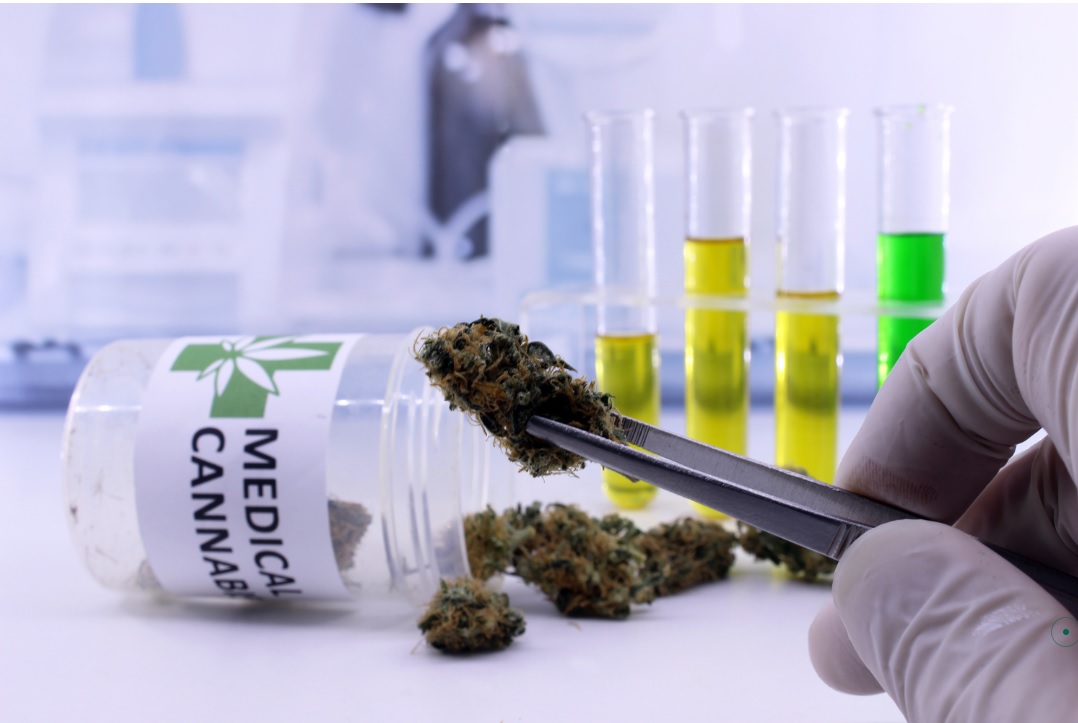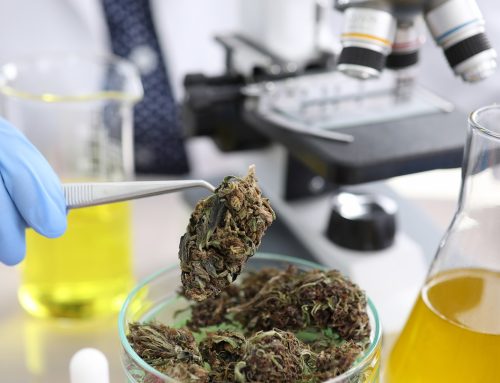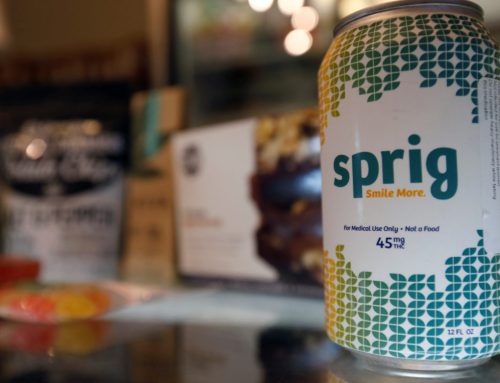Missouri Tackles “Lab Shopping” with Enhanced Cannabis Testing Regulations
LOS ANGELES — Missouri, in its latest bid to bolster the integrity of its burgeoning cannabis sector, has ushered in stringent rules to stymie the practice of “lab shopping”— a trend where cannabis producers take their products to multiple testing labs, eventually allying with the one offering the most favorable results.
As reported by the Missouri Independent, the newly minted regulations empower state officials to direct certified cannabis testing labs to cross-verify the results from other labs. This measure, occurring up to ten times annually, entails having one lab evaluate cannabis samples already tested by another. The state’s primary objective is to ensure congruency in results, particularly concerning THC potency and pesticide residue detection.
Kim Stuck, the CEO of Allay Consulting, a firm specializing in cannabis and psychedelics compliance, emphasized to the Independent that lab shopping “has been an industry pain point from its inception.” Stuck remarked, “Surprisingly, no state has yet rigorously ensured that testing labs consistently deliver the anticipated results.”
Yet, not everyone perceives this initiative as a step in the right direction. Anthony David, the owner and COO of Green Precision Analytics Inc., expressed concerns to the Independent. According to him, accumulating data from merely 10 tests annually for each of the state’s 10 labs — culminating in 100 total samples — does not offer sufficient evidence to discern outliers or confirm regulatory adherence. Referring to similar practices in California and Colorado, David asserted that such regulations scarcely deter lab shopping and only add operational burdens.
He lamented, “We’re all chasing superior testing methods — unified and valid techniques applicable across U.S. testing labs. Yet, it’s myopic for the state to believe they’ve cracked the code with this approach.”
In related news, the Missouri Division of Cannabis Regulation recently recalled almost 63,000 cannabis items produced by Delta Extraction. However, this step wasn’t a consequence of flawed testing. Instead, it stemmed from the products bypassing the state-mandated seed-to-sale tracking system.



































